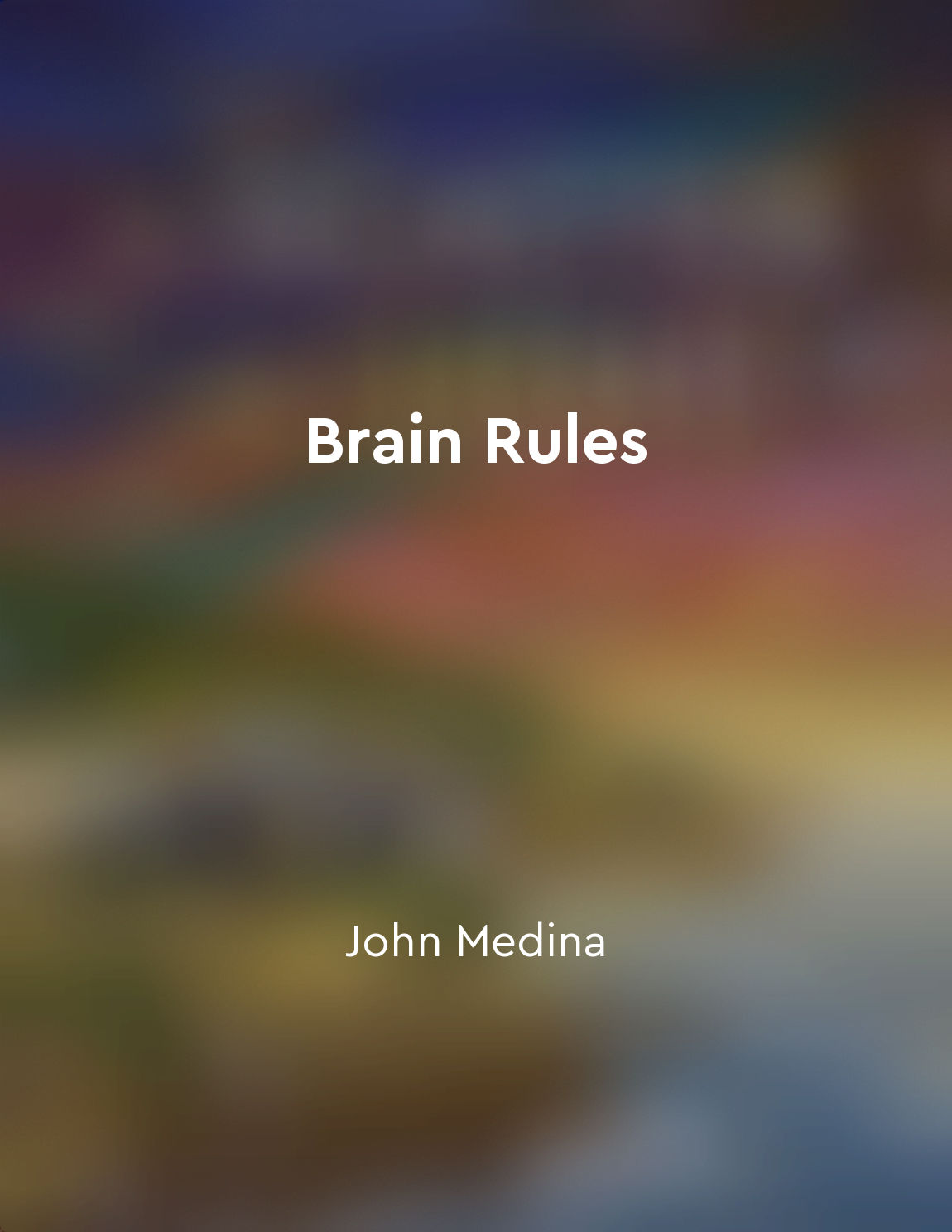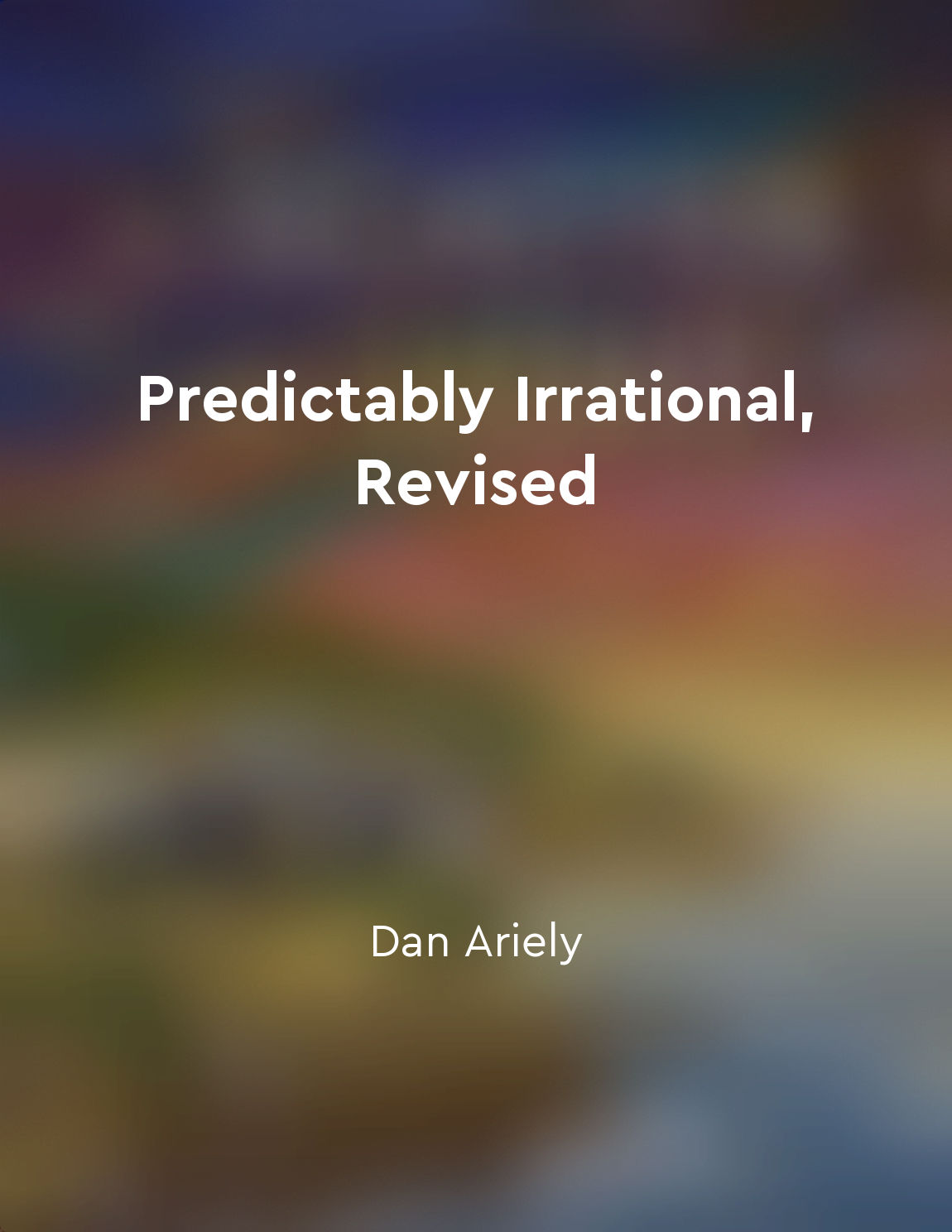Audio available in app
Two modes of thinking: fast and slow from "summary" of Thinking Fast and Slow by Book Summary
In our daily lives, we rely on two distinct modes of thinking: fast and slow. Fast thinking is intuitive, automatic, and effortless. It allows us to make quick decisions based on patterns and associations stored in our memory. Slow thinking, on the other hand, is deliberate, logical, and requires conscious effort. It helps us analyze complex problems, weigh evidence, and make informed judgments. Fast thinking is essential for survival in a fast-paced world. It enables us to react quickly to threats and opportunities without getting bogged down in details. However, fast thinking is also prone to errors and biases. Our brains often take shortcuts, relying on heuristics and stereotypes to make decisions quickly. While these shortcuts can be helpful in certain situations, they can also lead to cognitive biases that cloud our judgment. Slow thinking, on the other hand, allows us to step back, reflect, and consider multiple perspectives. It helps us make better decisions by carefully weighing evidence, considering alternatives, and anticipating consequences. Slow thinking is crucial for tasks that require careful attention to detail, analytical reasoning, and logical problem-solving. Both modes of thinking have their strengths and weaknesses. Fast thinking is efficient and adaptive, allowing us to navigate the world quickly and efficiently. However, it can also lead to errors and biases when used inappropriately. Slow thinking, on the other hand, is thorough and precise, helping us make sound judgments based on evidence and reason. However, it can also be slow and laborious, making it impractical for everyday decision-making.- We can learn to harness the strengths of each mode while mitigating their weaknesses. By being aware of our cognitive biases and taking the time to deliberate on important decisions, we can improve our overall decision-making abilities. Ultimately, by mastering both modes of thinking, we can become more effective and rational decision-makers in our personal and professional lives.
Similar Posts

Longterm memory is often sustained by repetition
Longterm memory is often sustained by repetition because the brain is constantly looking for patterns. When the brain detects a...

Our minds are divided into different parts that can work together or against each other
Our minds are not a single, unified entity, but rather a collection of different parts that can work together or against each o...
Humility is a virtue to be cultivated
The idea that humility is a virtue worth nurturing is one that resonates deeply with me. In a world that often rewards self-pro...
Develop awareness of the subconscious factors that influence decisions
To become a master of influence, one must first recognize the role of subconscious factors in decision-making. These factors op...

Questioning assumptions is necessary for clear thinking
Questioning assumptions is like peeling back the layers of an onion. Each assumption forms a layer that obscures our view of re...
Experts rely on intuition to make judgments
Experts often face complex situations where they must rely on their intuition to make judgments. Intuition allows experts to qu...
Our decisions are influenced by biases and emotions
When we make decisions, we often like to think that we are being rational and logical. We believe that we are weighing all the ...
The mind is a complex and adaptive system
The mind is a complex and adaptive system that is constantly changing and evolving in response to the environment. It is not a ...

We are wired to avoid losses more than we seek gains
When we face a decision, our instinct is to weigh the potential losses more heavily than the possible gains. This bias towards ...

Priming affects subsequent thoughts and actions
Priming is a phenomenon in which exposure to one stimulus influences a response to a subsequent stimulus. It is a subtle and of...

